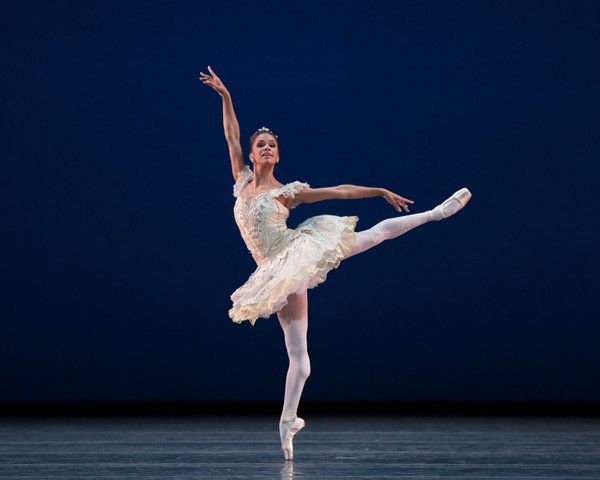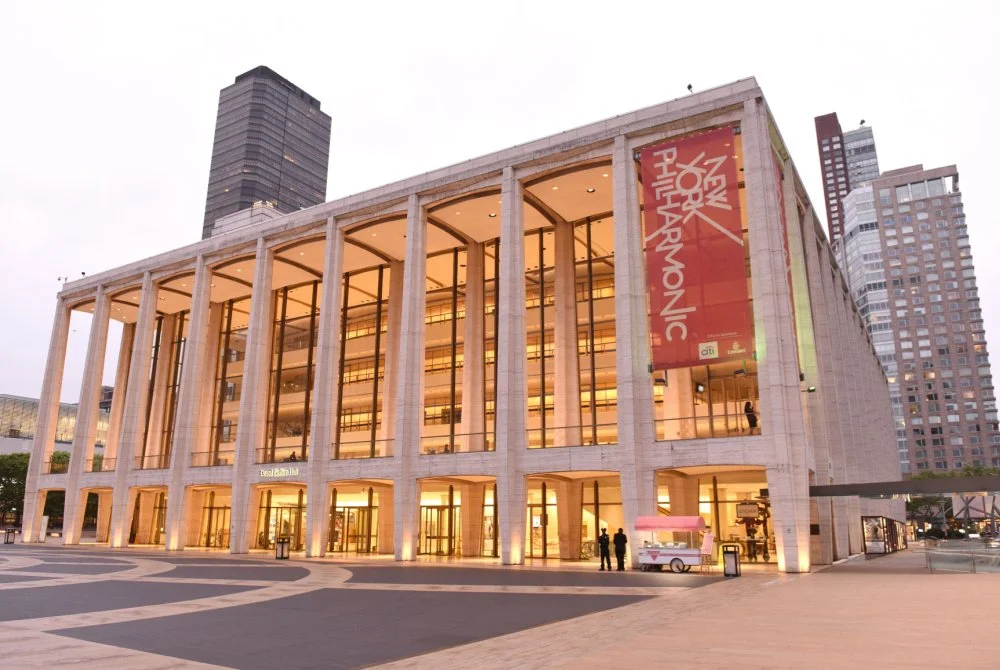“Ambitious and Risk-Taking.” Explaining The Shed’s Startling Fundraising Success
/The under construction last fall. Warren Eisenberg/shutterstock
Editor’s Note: This article was first published on February 11, 2019.
Back in 2017, I reported that the emergence of The Shed, a new the cultural center on Manhattan's Far West Side, stood in stark contrast with some of the prevailing themes in modern arts philanthropy.
Donors are increasingly turning their attention to issues like equity and positioning the arts as a means to drive meaningful social change. Ambitious capital projects at the Metropolitan Museum of Art and the New York Philharmonic were dialed back or shelved due to skyrocketing costs. And calls for greater equity in arts funding in New York City have grown as small to mid-sized arts organizations are squeezed by escalating rents.
Given the forces at play, I wondered whether Manhattan really needed a new, $550 million cultural center situated amid multi-million-dollar condos in a neighborhood that features the new Whitney Museum and will soon include the $250 million Pier 55 (aka, “Diller Island”). And, maybe as importantly, I wondered whether donors would step up to foot the bill.
Well, we now know the answer to at least the second question: The Shed’s fundraising has been a huge success. It has raised $488 million toward its capital campaign goal of $550 million, which includes building costs and organizational start-up expenses.
Most recently, The Shed announced a major gift from its board vice chair Jonathan Tisch and his wife Lizzie. The $27.5 million donation will support construction of the building and includes a $10 million challenge grant for a newly created Commissioning Fund. In recognition of the gift, a 9,500-square-foot skylit event and artist rehearsal space on the building's top floor will be named the Lizzie and Jonathan Tisch Skylights, while a lab for artistic development and experimentation, also on the top floor, will be named Tisch Lab.
The couple supports a variety of organizations, including New York Presbyterian Hospital-Weill Medical College of Cornell University, 92nd Street Y, and others that are active in education, the arts and healthcare. Back in 2016, the couple donated $15 million to Medford, Massachusetts-based Tufts College, creating the Jonathan M. Tisch College of Civic Life, whose goal is to “develop a comment of leaders who are able to rise above the fray and bring positive change to the public sphere.”
Effective Differentiation
Margaret Pomeroy Hunt, who is chief development officer at The Shed, told Inside Philanthropy that the organization’s funding success was due to “a small group of visionary individual and corporate leaders—led by the indomitable Dan Doctoroff [its board chair]—who believe in the unique mission of The Shed: to commission original works of art across all disciplines for all audiences.”
Our take on this story is that The Shed’s success reflects two key factors. First and foremost, as repeatedly noted here on Inside Philanthropy, donors in affluent coastal areas will never abandon their deep affection for capital projects, no matter how risky or saturated the market may be. For further proof, look no further than Los Angeles, which is experiencing its own museum-building boom.
The second reason for The Shed’s success involves its coherent messaging and tracks with Hunt’s comments about this institution’s unique and sweeping mission. From day one, its proponents have argued that New York City needs The Shed. It isn’t a purpose-built theater, a concert hall, or an exhibition space. It is all of those at once, prompting artistic director and CEO Alex Poots to declare last year: “You have an opportunity to do something no one has done.”
But it takes more than a modern hybrid building to attract finicky New Yorkers. “There are two audiences I’m interested in seeing,” Poots said back in 2018. First are “the engagement seekers, who are very sophisticated and discerning.” Second are those “who feel a propensity toward the arts, but pre-Shed, wouldn’t think that something like this would be for them.”
When The Shed recently announced its 2019 programming offerings, Poots’ vision came into sharper focus. The Shed’s inaugural season will include “Soundtrack of America,” a five-night concert series celebrating the influence of African American music; “Reich Richter Pärt,” which includes music from Steve Reich and Arvo Pärt, and art from Gerhard Richter; Bjork’s “Cornucopia,” her “first-ever production created with theatrical collaborators,” Poots said; and the “kung-fu musical” Dragon Spring Phoenix Rise.
The Shed, in other words, isn’t your grandfather’s arts center. This approach has clearly resonated with donors.
Last year, Frank McCourt Jr., Shed board member, businessman and the former owner of the Los Angeles Dodgers gave The Shed $45 million. Commenting on the gift, which renamed The Shed’s 17,000-square-foot multi-use hall The McCourt, he said, “I am a strong believer in the mission of The Shed and its potential to celebrate both innovation and community in the artistic world and beyond.”
Regarding his gift, Jonathan Tisch said, “Lizzie and I are proud to support the construction of this exceptional building, while also providing Alex and his team the resources to commission the most ambitious and risk-taking work possible. Our intention is to challenge others to support an effort that is tremendously exciting and important for New York City.”
Social Justice-Oriented Programming
The Shed’s programming also speaks to the social justice headwinds sweeping modern arts philanthropy. Examples here include a lecture titled “Art and Civil Disobedience” with Boots Riley; DIS OBEY, which provides high school students with “space to explore protest and creative action” through writing, storytelling and visual art workshops; and “Powerplay,” a woman-centered celebration of radical art and healing.
The seeds of this approach were planted by a patron whom we rarely associate with things like “civil disobedience,” “protest,” and “radical art”—one Michael Bloomberg.
Bloomberg’s involvement with The Shed dates back nearly 15 years, when, according to Shed board chair Dan Doctoroff, he “had the vision to embark on a complete transformation of Manhattan's West Side.” Bloomberg's administration allocated $50 million, which became $75 million, to The Shed in 2013.
Four years later, Bloomberg gave The Shed $75 million. Having been tasked by Bloomberg, to quote Doctoroff, to “do something that will keep New York on the cultural edge,” the center began a free, citywide program that explores “social justice issues through dance,” prompting me to predict that The Shed “may in time come to resemble a kind of hybrid arts organization funded by a cadre of billionaire donors with a forward-looking vision to address pressing social concerns.”
Elements of The Shed’s program also speak directly to some of Bloomberg’s more overt areas of focus in arts philanthropy. For instance, Bloomberg Philanthropies' Arts Innovation and Management program provides unrestricted funding and management training to hundreds of small and mid-sized organizations in select U.S. cities. In a similar vein, The Shed will roll out a program called “Open Call” this summer, which will feature new work from 52 NYC-based “emerging artists and collectives” who “have not yet received extensive support from a large cultural institution.”
The takeaway? Raising money in an arts philanthropy climate focused on issues like equity and access is not a zero-sum game. You can build a modern and expensive new building and roll out programming aligned with the pressing issues of the day.
The Shed’s press release announcing the Tisch gift also included another interesting but unsurprising tidbit: The Shed’s building, located on West 30th Street between 10th and 11th Avenues, has been named The Bloomberg Building.
“Nearly 15 years ago,” Bloomberg had the foresight to know the “Hudson Yards area needed a cultural anchor to ensure a vibrant and accessible future,” said Doctoroff. “The Shed is key to that vision, opening this April with an inaugural season that celebrates and showcases local and international creativity across all disciplines.”
The Sheds inaugural season kicks off April 5, 2019.







































